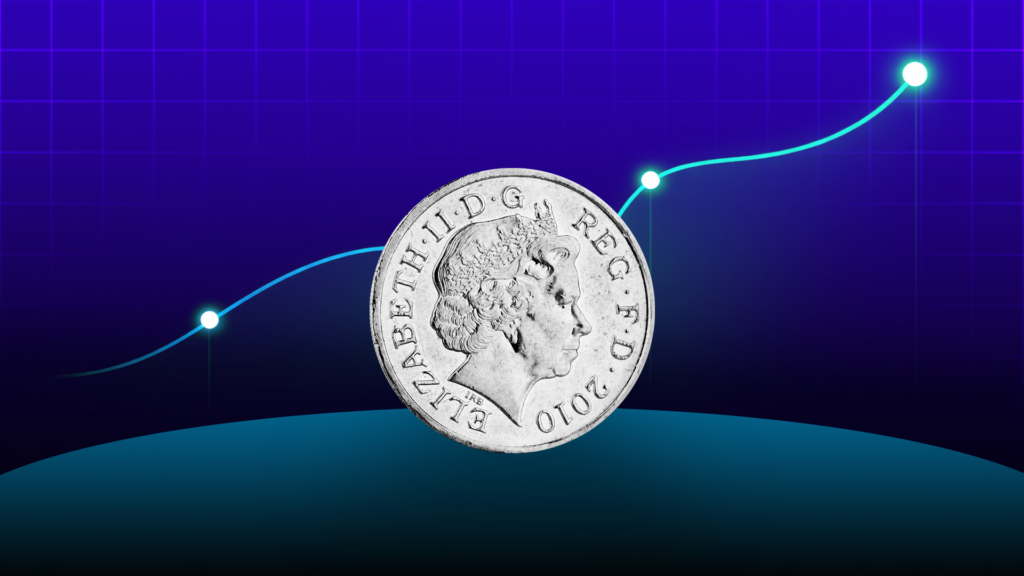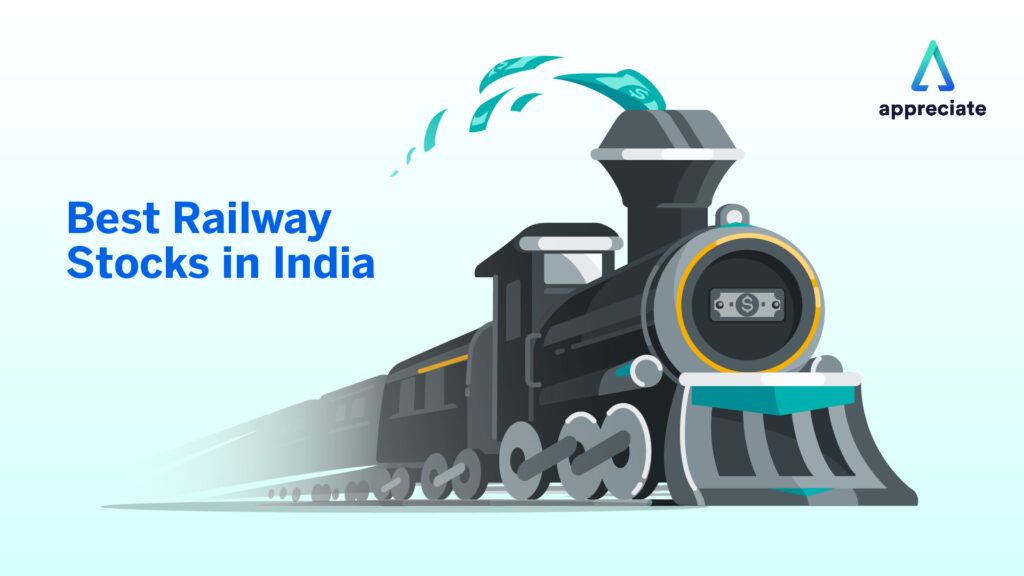Quick Summary:
– Food commodities include agricultural produce, which is produced for human consumption and traded in financial markets.
– Food commodities can be classified as grains, livestock, and soft commodities, i.e., wheat, cattle, and coffee.
– Weather, transport costs, and seasonal demand affect food commodity prices.
– Food commodities will always be in demand as they are essential goods, and with a growing population, this demand will increase.
– When investing in food commodities, your portfolio will benefit from diversification, and you will be able to profit from price fluctuations from seasonal demand.
What are food commodities?
Raw or processed agricultural products that are intended for human consumption and are traded in the financial markets are called food commodities. Food commodities are different from other commodities because of their perishable nature and diverse demand base. They are used for everything from human consumption and animal feed to biofuels and industrial uses.
What are some examples of food commodities?
Food commodities are primarily categorised into grains, livestock, and soft commodities. Grains include wheat, rice, and corn. Cattle and poultry are examples of livestock commodities. And sugar, cotton, and coffee are examples of soft commodities.
What factors influence the prices of food commodities?
The food commodities market is dynamic and complex, with several factors influencing its prices. These include:
- Weather conditions
Crop yield is impacted by extreme weather conditions like floods and droughts. These can lead to falls in the prices of commodities due to reduced supply. Outbreaks of crop diseases and pest infestations also impact crop yield and prices.
- Transport and storage costs
Since food commodities are perishable items, they need to be carefully handled, stored, and transported. For instance, fruits, vegetables, and meat require cold storage facilities with specific temperature and humidity levels. Changes in transportation, storage, and energy costs have a direct impact on the prices of food commodities.
- Seasonality
The demand and supply of food commodities, and hence their prices, go through a regular pattern of fluctuations due to seasonal factors. For instance, during harvest season, there is an abundant supply and so prices tend to fall. In addition, there are changes in the demand for certain items during different seasons. For instance, in the US, the demand for meat tends to increase in summers due to more frequent barbecuing.
Why food commodities?
Food is a basic physiological human need, which means there will always be demand for food regardless of economic conditions. Also, as the global population continues to increase, there is an increasing demand for food commodities, providing an opportunity for long-term growth.
Investing in food commodities also offers diversification as they have a low correlation to other assets like stocks and bonds. This means exposure to food commodities could help improve your portfolio’s performance when other asset classes take a hit.
The seasonal nature of food commodities also provides a potential opportunity to profit from price fluctuations.
Have your cake and eat it too
Tap into a fundamental human need and make your portfolio more appetizing by investing directly in food commodities or the stocks of food companies. Fill up your plate with Appreciate today. Bon appétit!























